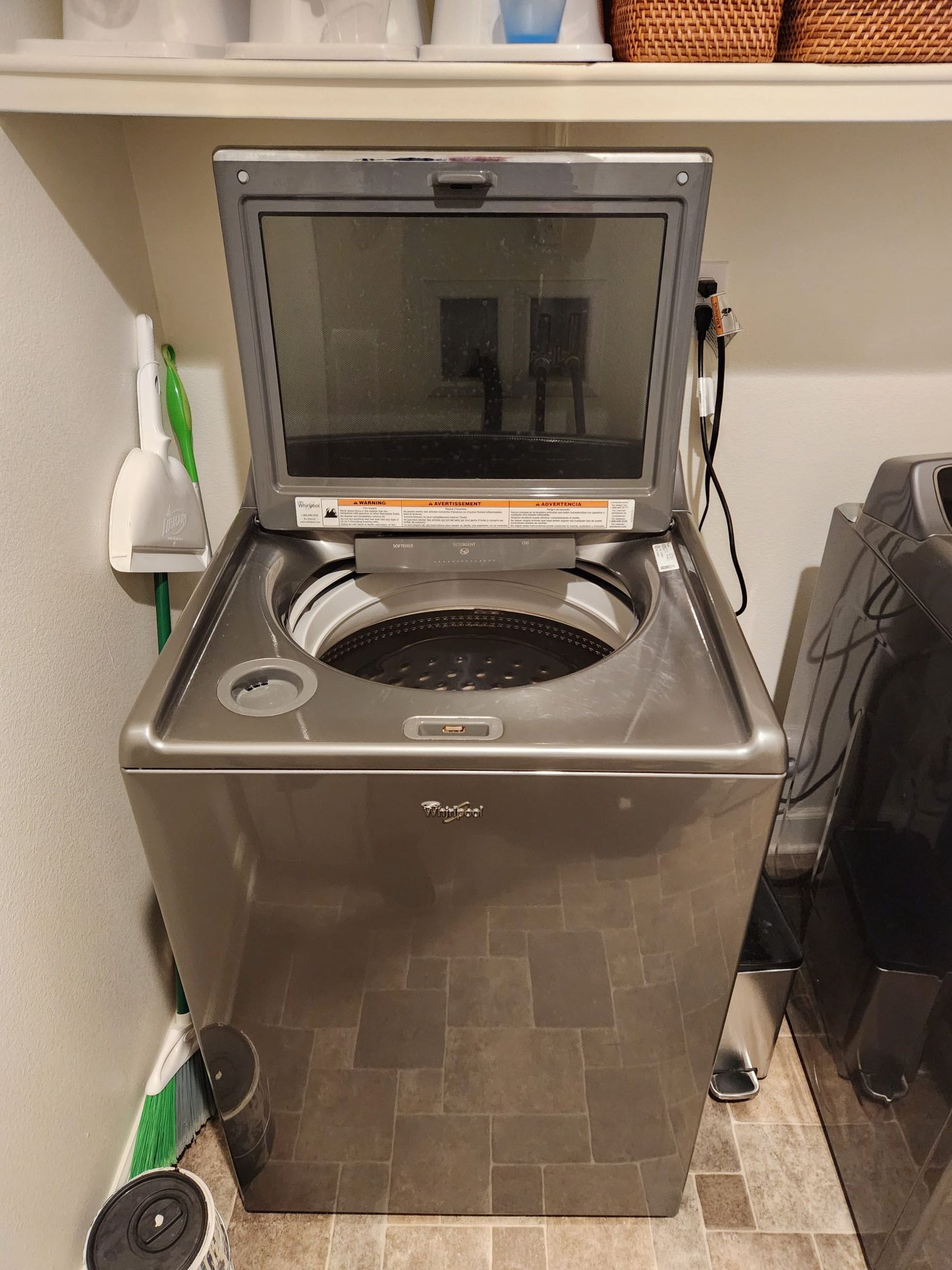A washing machine is an essential appliance that we often take for granted – until something goes wrong. One of the most common issues homeowners face is a washing machine leak. While a small leak may seem insignificant, it can quickly turn into a big problem, causing water damage to floors, walls, and even other appliances. Fortunately, with some quick solutions, you can stop leaks in their tracks and avoid costly repairs.
⠀
In this article, we will explore the common causes of washing machine leaks, preventive measures, and how to address them before they become serious issues. Lastly, we will emphasize the importance of professional maintenance and repair services to keep your washing machine running smoothly.
⠀
Common Causes of Washing Machine Leaks
⠀
Understanding the reasons behind washing machine leaks is the first step in resolving them. Below are some of the most frequent culprits:
⠀
Loose or Damaged Hoses
The hoses connecting the washing machine to the water supply are a major point of vulnerability. Over time, hoses can loosen, crack, or wear out. If you notice water pooling behind or beneath the machine, the hoses should be your first point of inspection.
⠀
Overloading the Machine
Overloading your washing machine with heavy laundry can cause internal components, like the drum and seals, to become over-stressed. This extra weight puts strain on the machine, increasing the chance of leaks from both the drum and water supply.
⠀
Clogged or Faulty Drain Pump
The drain pump is responsible for expelling used water from the machine. If the drain pump is clogged or malfunctioning, water can back up and lead to a leak. You might notice water leaking during the drainage cycle, or the machine may stop draining altogether.
⠀
Damaged Door Seal
Front-loading machines rely on a rubber door seal to keep water inside the drum during washing. Over time, this seal can become damaged or worn, allowing water to escape during a wash cycle. Visible cracks or tears in the seal indicate it’s time for a replacement.
Improper Installation
Sometimes, the problem isn’t with the washing machine itself but how it was installed. Improper leveling can cause water to accumulate and leak from the bottom of the machine. Make sure the machine is on a flat surface and properly balanced.
⠀
Quick Solutions to Stop Leaks
⠀
Once you’ve identified the source of the leak, there are several quick solutions you can try before the issue worsens. Here are some tips to address common causes:
⠀
Inspect and Tighten Hoses
Check the hoses at the back of your machine to ensure they are securely connected. If you notice any leaks or cracks, replace the hose immediately. It’s also a good idea to regularly check and replace hoses every five years as a preventive measure.
⠀
Avoid Overloading
To reduce the strain on your washing machine, always follow the manufacturer’s recommended load size. Splitting heavy loads, like towels and bedding, into smaller cycles can help prevent leaks and prolong the life of your machine.
⠀
Clean the Drain Pump Filter
Most washing machines have a drain pump filter that collects debris to prevent it from clogging the pump. Regularly cleaning this filter will ensure that water flows freely during the drain cycle. If you’re unsure of how to access the filter, refer to your machine’s user manual.
⠀
Replace the Door Seal
If you notice any damage to the rubber door seal, replacing it is essential to prevent leaks. This is especially important for front-loading machines, where a damaged seal can quickly lead to a major water problem. Most seals can be replaced with minimal effort, but if you’re not comfortable doing it yourself, consider hiring a professional.
⠀
Level the Machine
If your washing machine isn’t level, it can cause water to spill over the edges of the drum. Use a spirit level to check if the machine is balanced on all sides. Adjust the legs accordingly to ensure it sits evenly on the floor.
Preventive Maintenance to Avoid Future Leaks
⠀
While quick fixes can stop immediate leaks, preventive maintenance is key to avoiding future problems. Here are a few ways to ensure your washing machine stays in good working condition:
⠀
Regular Hose Inspections
As mentioned earlier, regularly inspect the hoses for any signs of wear and tear. Replace them every five years, or sooner if you notice any damage. You can also opt for stainless steel braided hoses, which are more durable than traditional rubber ones.
⠀
Clean the Drum and Door Seal
Wipe down the inside of the drum and door seal after each use to remove moisture and prevent mildew. This simple step can help preserve the integrity of the seal and prevent leaks caused by wear and tear.
⠀
Schedule Professional Maintenance
Regular professional maintenance is one of the best ways to prevent leaks and other issues. A technician can inspect your washing machine, identify potential problems before they become major repairs, and extend the lifespan of your appliance.
⠀
While some washing machine leaks can be easily fixed at home, others require professional assistance. If you’ve tried the above solutions and the problem persists, or if you’re unsure of how to handle a repair, it’s best to call in the experts. Attempting to fix complex issues without the proper knowledge can lead to further damage.
⠀
Washing machine leaks can be a hassle, but with the right preventive measures and quick fixes, you can avoid costly water damage and extend the life of your appliance. Regular maintenance, careful use, and timely repairs are key to keeping your washing machine in top condition.
⠀
If your washing machine is leaking and you’re unable to fix it on your own, don’t wait until the problem gets worse! Contact Home Appliance Service Center for expert repair and maintenance services. Our professional technicians are equipped to handle all types of washing machine issues, ensuring your appliance runs smoothly and efficiently.
Contact us
 619-928-5000
619-928-5000  Request Service
Request Service 
